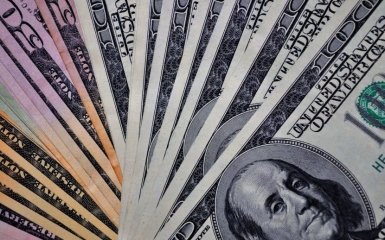The G7 countries and the European Union are discussing a plan to use more than $250 billion of frozen Russian assets as collateral to help finance the reconstruction of Ukraine.
How can frozen assets of the Russian Federation be used
Under the discussed proposal, Ukraine's allies could issue debt obligations to help finance Ukraine's reconstruction, using frozen Russian assets as collateral to repay the debt.
Proponents of the plan believe that any settlement of the conflict under international law would require Russia to pay for the damage it has caused to Ukraine.
According to the interlocutors, if Russia refuses to do this, then claims may be made for the frozen assets of the Russian Federation.
Currently, the plan is being discussed at a technical level. In other words, a political decision on this issue has not yet been made.
At the same time, one of Bloomberg's interlocutors noted that some countries want to move on this issue "faster than others."
Earlier, the G7 countries promised to make Russia pay for the restoration of Ukraine and freeze its assets until it does so itself.
What is known about the Russian assets withdrawal for the benefit of Ukraine
At the end of April 2022, the House of Representatives of the US Congress approved a bill that provides for the confiscation of frozen assets of Russian-sanctioned legal entities and individuals. The withdrawn funds are proposed to provide Ukraine with additional military and humanitarian aid.
In November 2022, the EU froze 68 billion euros of Russian assets, according to an internal European Commission document. There they want to direct some of the frozen assets of the Bank of the Russian Federation to the restoration of Ukraine.
In July 2023, European Union leaders backed plans to impose a windfall tax on more than €200 billion in frozen assets of the Russian Central Bank to help rebuild Ukraine.
At the end of December 2023, the United States proposed to the Group of Seven (G7) a plan to confiscate $300 billion in Russian assets.
More on the topic
- Category
- Economics
- Publication date
- Додати до обраного


